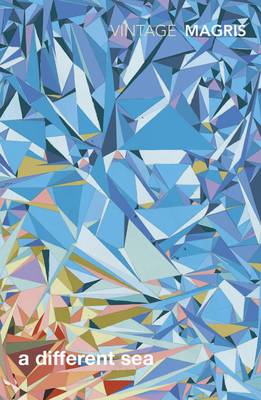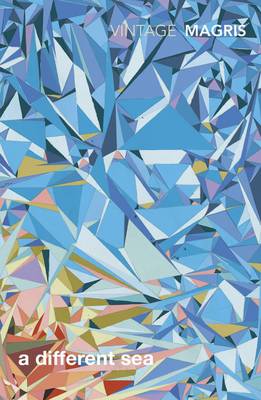
- Afhalen na 1 uur in een winkel met voorraad
- Gratis thuislevering in België vanaf € 30
- Ruim aanbod met 7 miljoen producten
- Afhalen na 1 uur in een winkel met voorraad
- Gratis thuislevering in België vanaf € 30
- Ruim aanbod met 7 miljoen producten
Zoeken
Omschrijving
Early this century Enrico, a young intellectual, leaves the abundantly diverse Austro-Hungarian city of Gorizia to spend several years living on the Patagonian pampas, alone with his ancient Greek texts, his flocks and every now and then a woman. He has been taught by his closest friend, Carlo, a philosopher/poet who commits suicide in his early twenties, to search for an authentic life, free of social falsehoods. But in his search for this unattainable goal, Enrico destroys every chance he has of a normal existence; even after his return to a life of isolation by the Istrian seashore, his attempts at human intercourse, are thwarted. In recounting the life of Enrico, Magris paints a remarkably shrewd picture of a whole world in ferment, that of the decaying Austro-Hungarian empire, shaken to its foundations by the Great War, and emerging from the German occupation and the Communist revolution ripe for disintegration and forever seeking, as does Enrico, for a reason to go on living.
Specificaties
Betrokkenen
- Auteur(s):
- Vertaler(s):
- Uitgeverij:
Inhoud
- Aantal bladzijden:
- 104
- Taal:
- Engels
- Reeks:
Eigenschappen
- Productcode (EAN):
- 9781784871321
- Verschijningsdatum:
- 1/04/2017
- Uitvoering:
- Paperback
- Formaat:
- Trade paperback (VS)
- Afmetingen:
- 130 mm x 196 mm
- Gewicht:
- 136 g

Alleen bij Standaard Boekhandel
+ 25 punten op je klantenkaart van Standaard Boekhandel
Beoordelingen
We publiceren alleen reviews die voldoen aan de voorwaarden voor reviews. Bekijk onze voorwaarden voor reviews.











